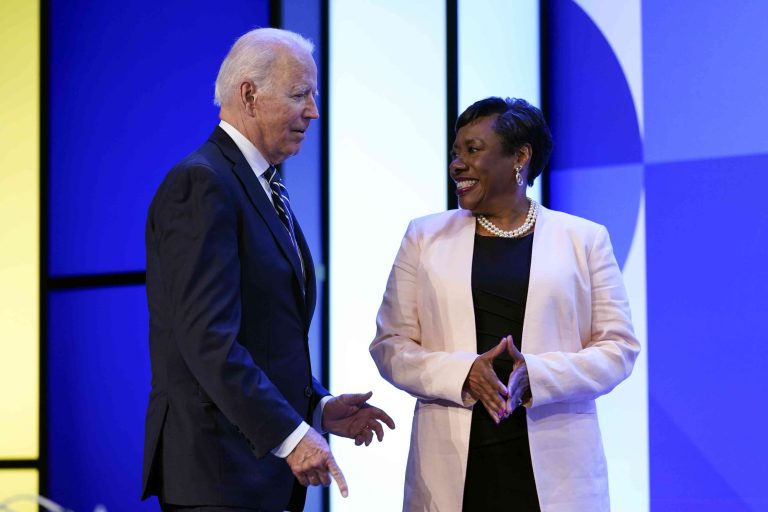By Jason Feifer
It’s time to shine the spotlight back on these political insiders, who have access to secret money and use their own resources and influence to determine the outcome of election after election.
Since 2016, businesses and unions have sworn off secret contributions to political action committees. But that doesn’t mean that the culprits of dark money are far away – if anything, they’re just reaching into their own pockets.
So here are a handful of the most telling financial disclosures that emerged during the midterm elections:
The lobbyists who are behind teacher funding
The National Education Association – the largest education union in the United States – and the American Federation of Teachers – the second largest – organized dozens of offices, clubs and advocacy groups into state affiliate groups. These groups are often organized through a different state than their national parent, then collect teacher dues locally and spend a significant chunk of the money on elections.
This has enabled union-funded PACs and state affiliates to funnel hundreds of millions of dollars in large donations directly to congressional candidates running in states where they can see an advantage in turnout, according to filings with the Federal Election Commission.
The teachers who are backing Democrats
These unions have historically run most of their messaging through the Democratic National Committee and by spending millions of dollars on its affiliated state committees around the country. Now they have begun to funnel their money through incumbent lawmakers in battleground states, who will likely win if they’re the party’s nominee.
AARP, in particular, has been aggressively trying to turn its former assiduous neutrality and neutrality status in favor of a more pro-Republican political position. According to super PAC filings, AARP directed millions to candidates and party committees in the late stages of the campaign.
But AARP’s effort runs counter to the thinking of many members, who are overwhelmingly anti-Trump and likely disdain the donor efforts. Democratic House candidates who received these funds include state representatives John Curtis in Utah, Dave Gilbert in Pennsylvania, David Anders in New Hampshire, Abigail Spanberger in Virginia, and Julie Wiener in California, as well as newly elected Sen. Kyrsten Sinema in Arizona.
The teacher money behind Democrats
These Democrats are facing charges of featherbedding.
A great example: the PAC In It Together — which supports Democratic Gov. Jay Inslee in his bid for the presidency and House candidates such as Rosen in Nevada — gave more than $500,000 to Rosen, who has dropped a six-figure sum on President Donald Trump himself in the current campaign cycle.
Another example: a political action committee called Teachers 4 America, which says on its website that it has more than 650,000 members and has focused its efforts on “electing tough, pro-reform candidates” who “will fight for school choice, adequate funding, and lasting reform.”
The teachers who funded Republicans
The National Education Association gave $412,500 to Congressional Republican candidates and state legislative candidates.
So too did the AFT, which gave more than $422,500 to legislative candidates in states that are likely swing states this election cycle.
The cash that went to Democrats from teachers unions comes as both parties have been fighting the teachers’ unions over the Collective Bargaining Act. The legislation in New York and Kansas, among other states, would allow teachers to negotiate wages and work conditions in a way the unions have long claimed has led to a freeze in classroom resources.
Teachers unions, both national and local, have used their support of state candidates to try to convince them that they should not budge.
Teachers unions have played a largely passive role this cycle. But more will need to come to Washington if the bill is to get passed this session.
